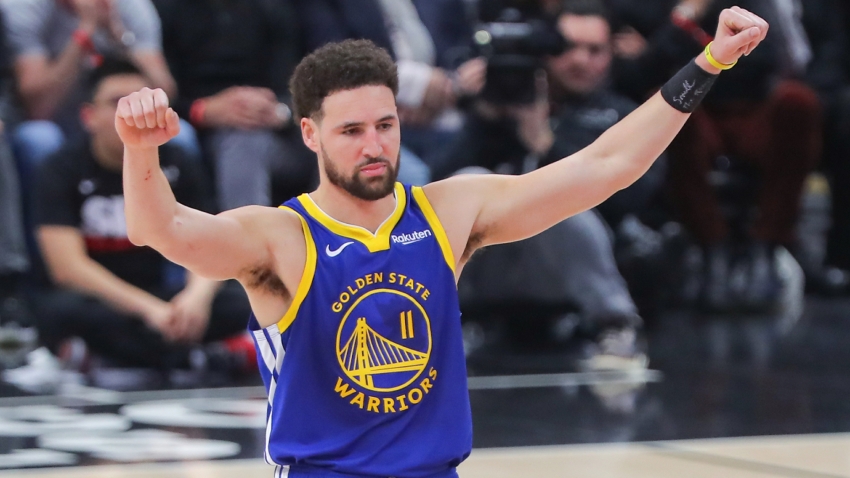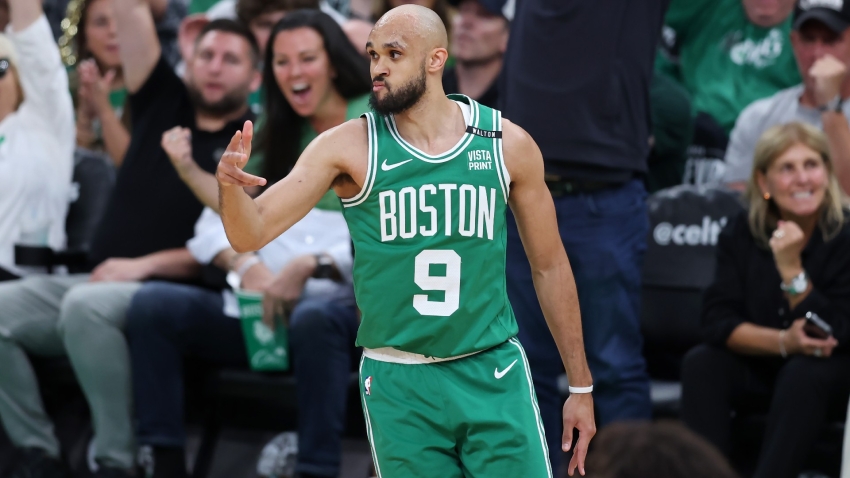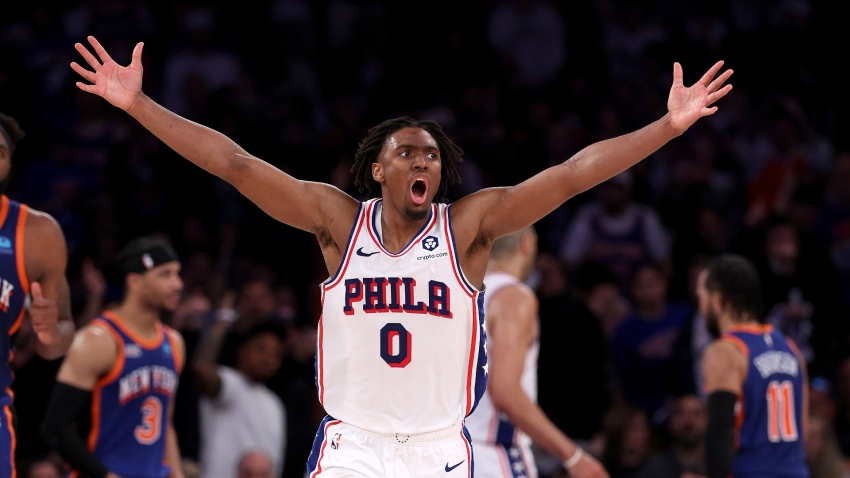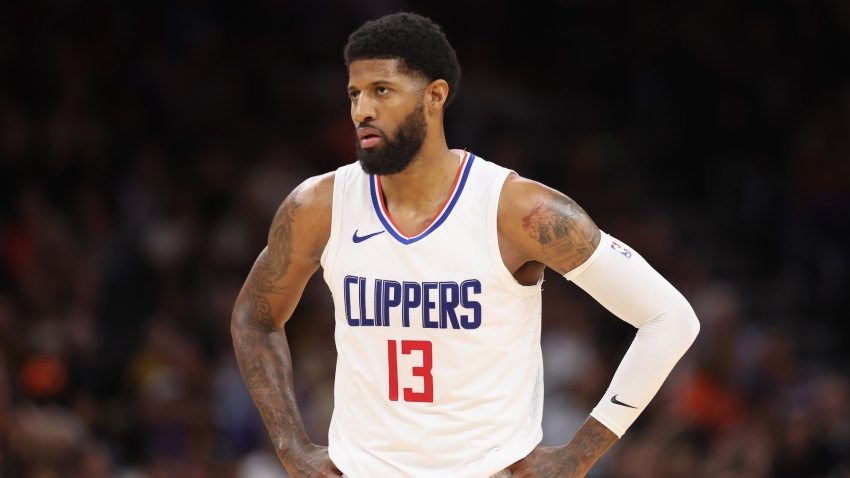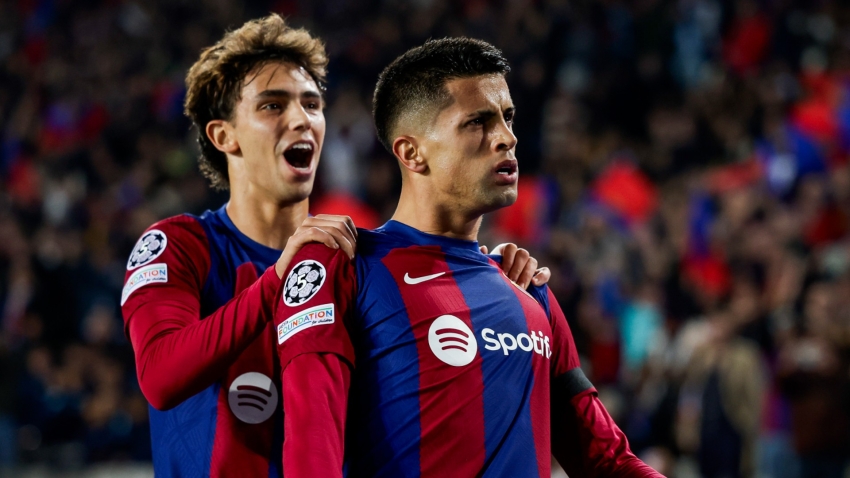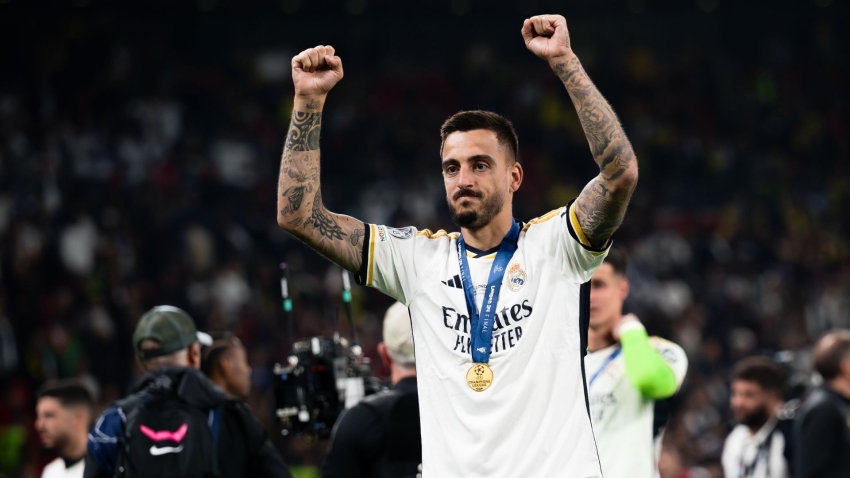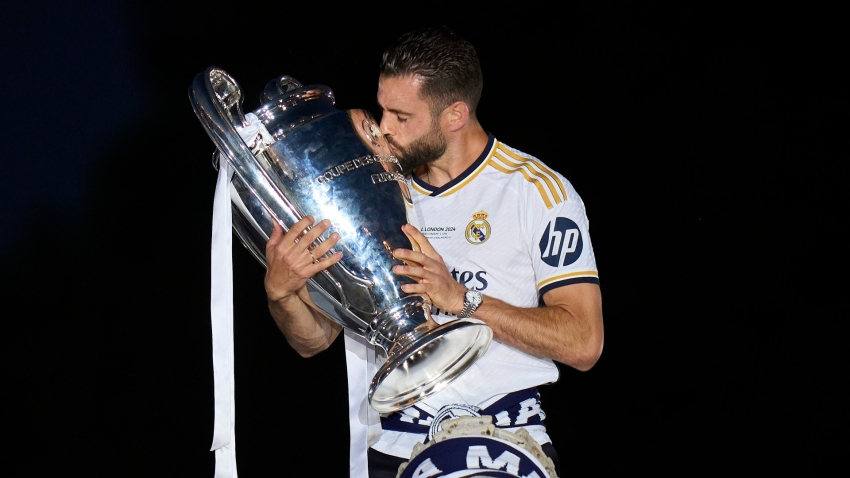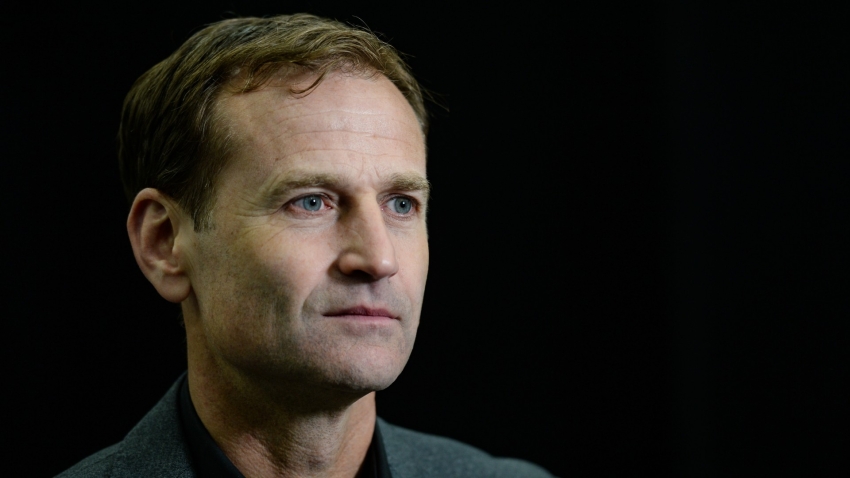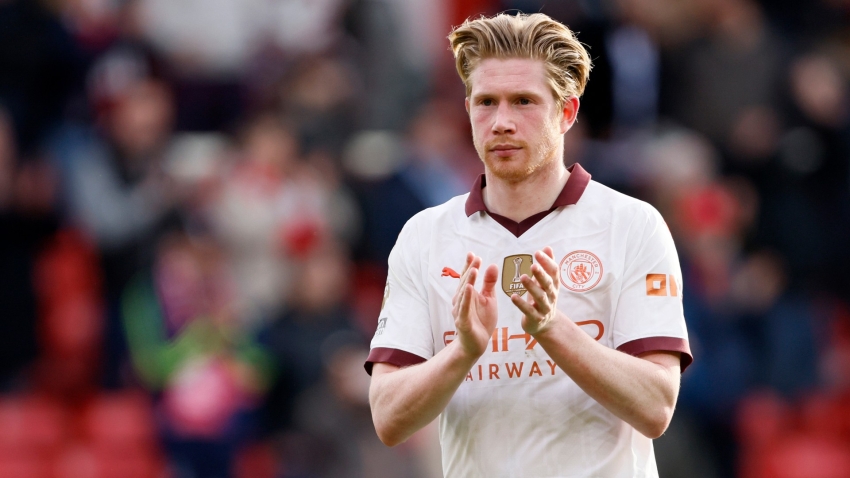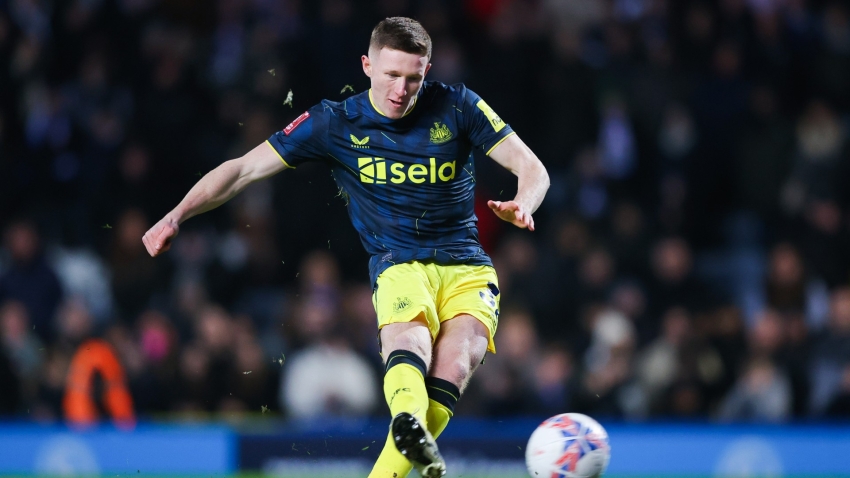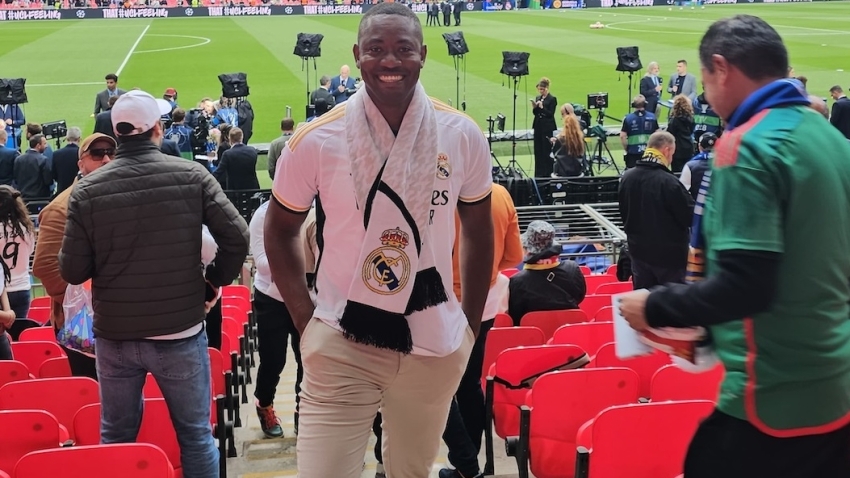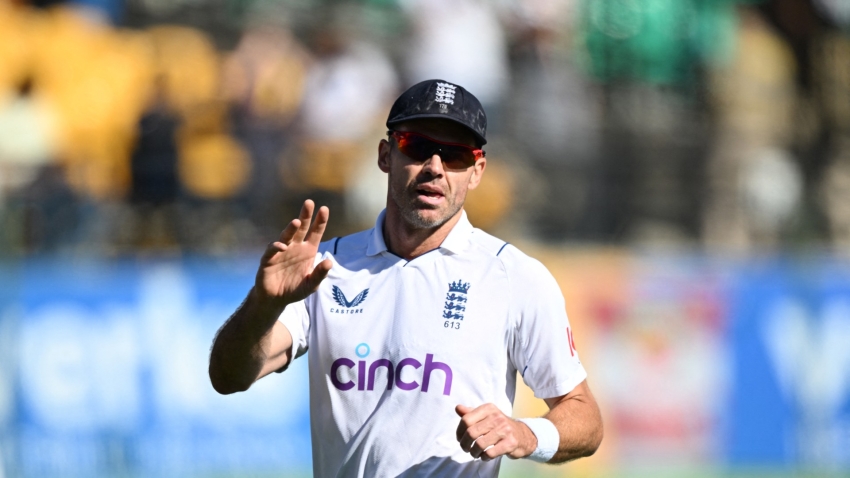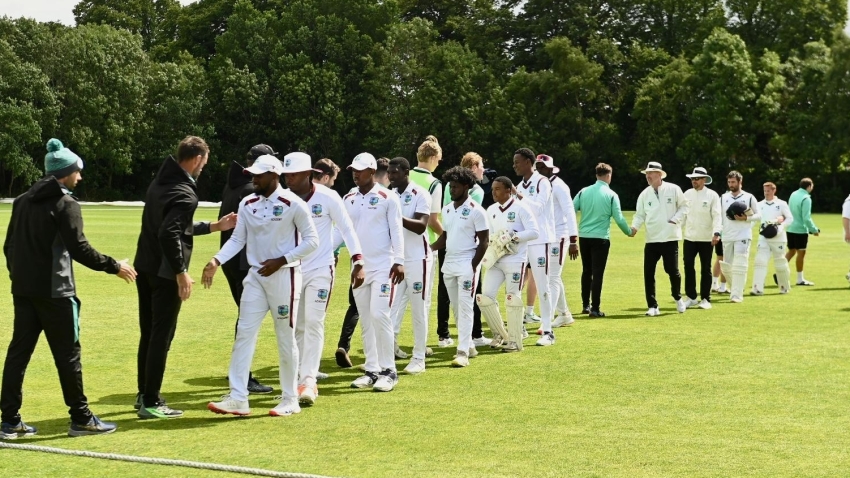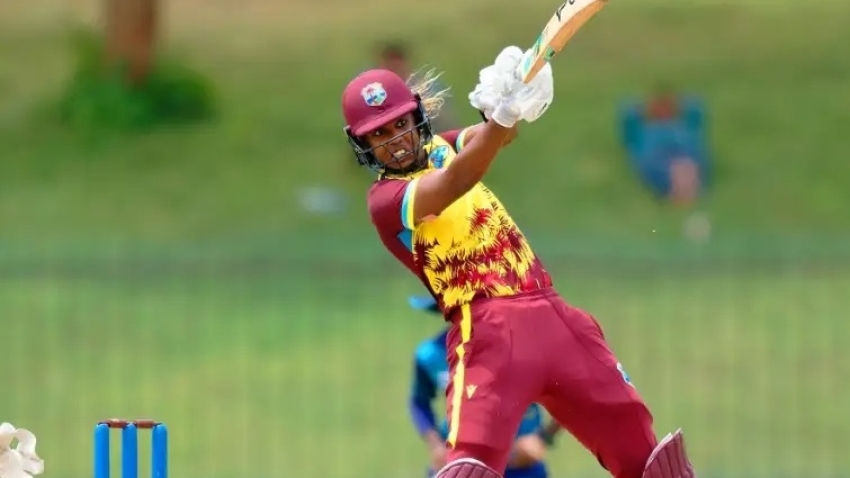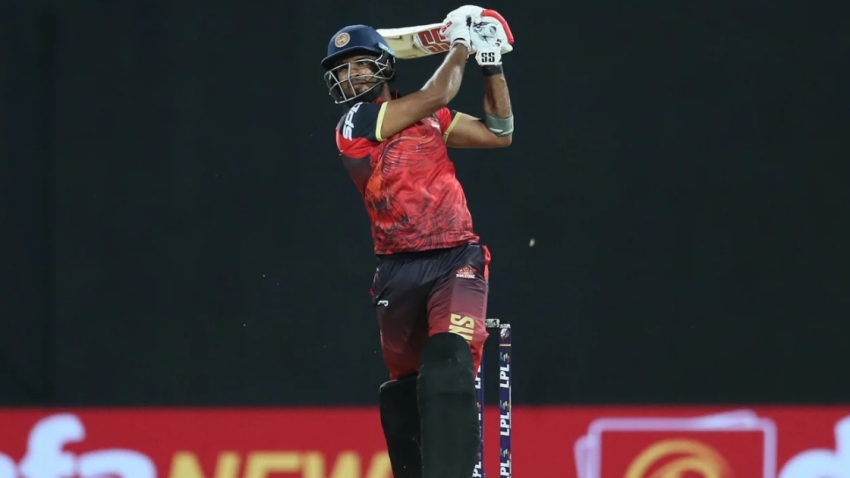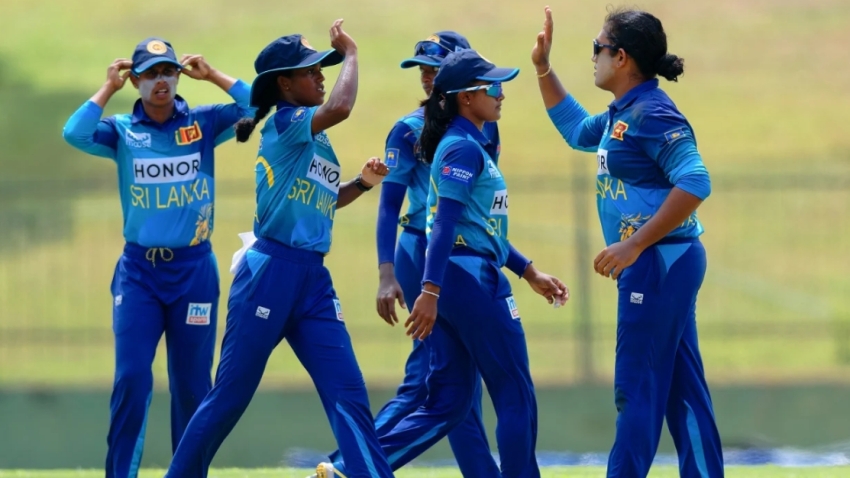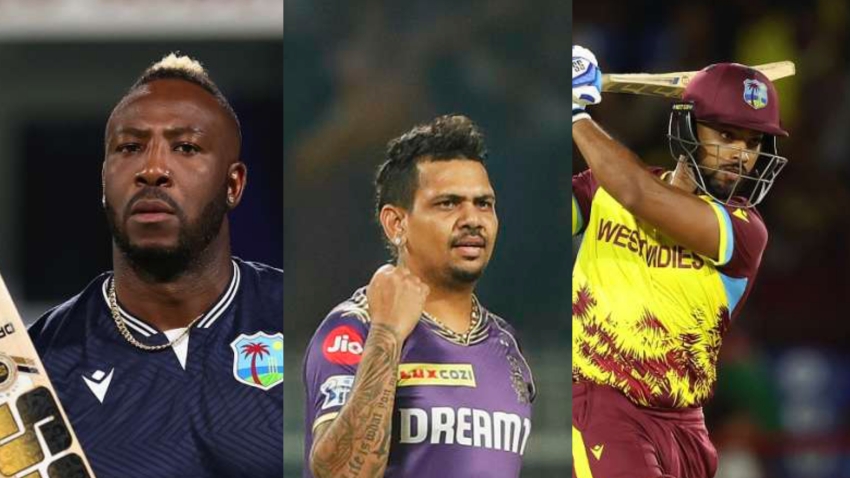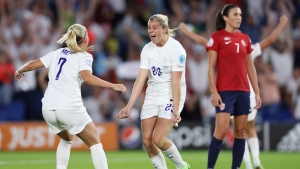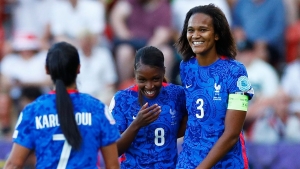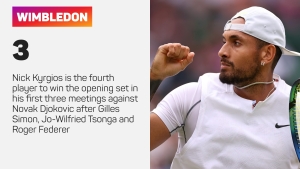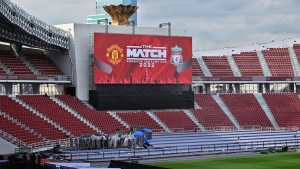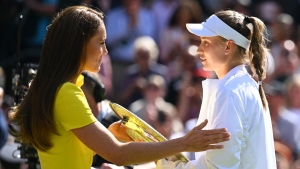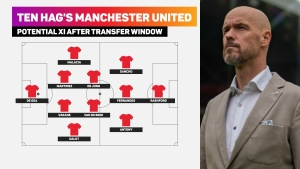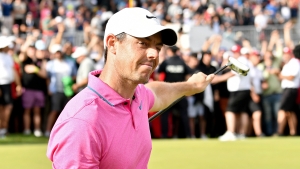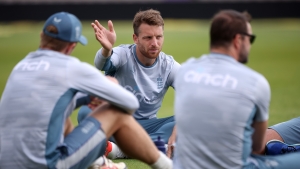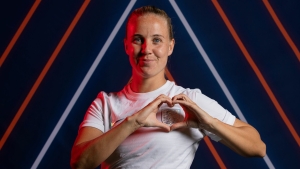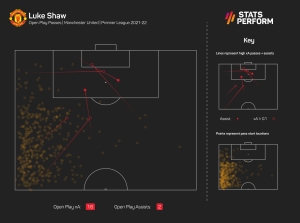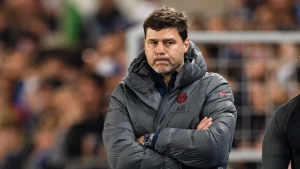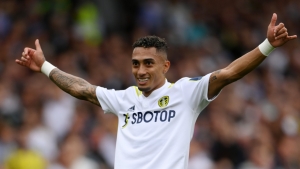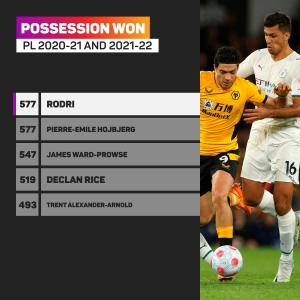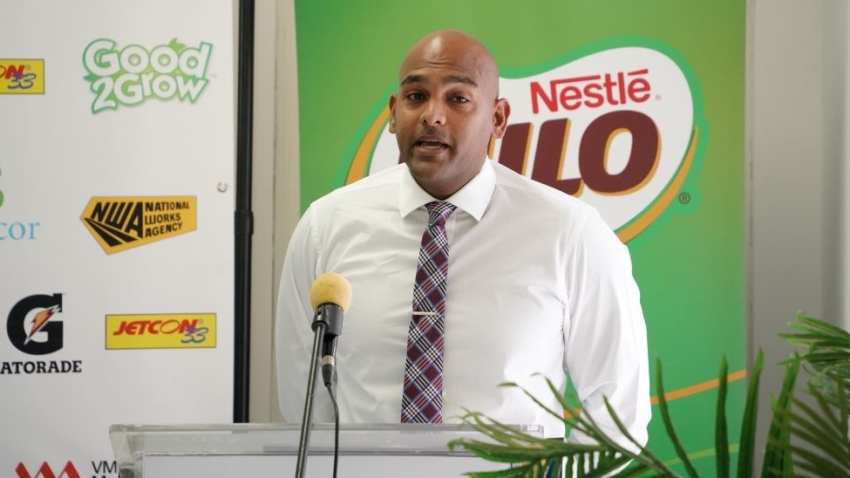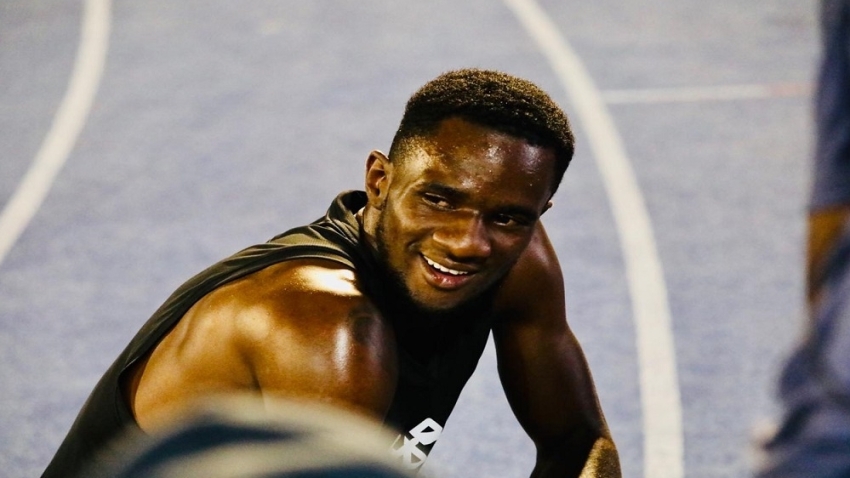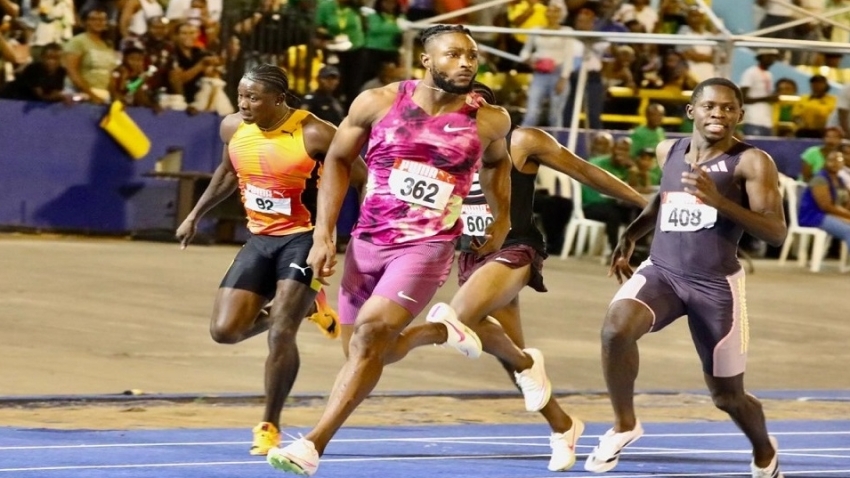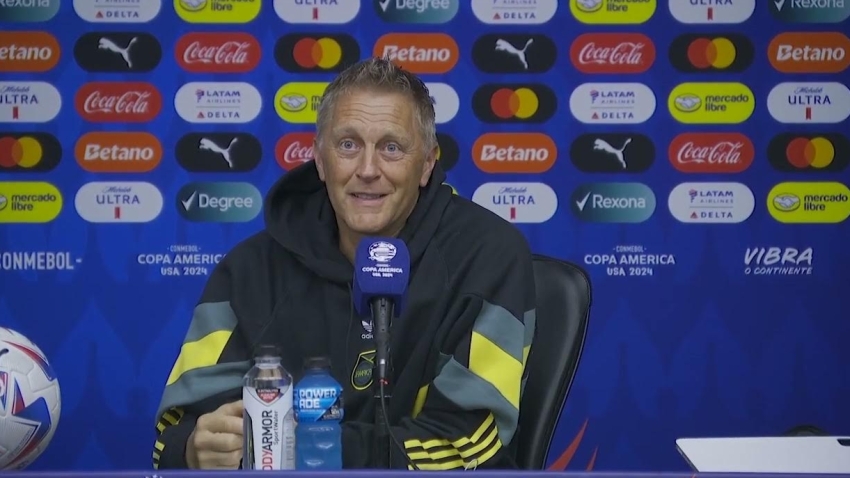"He wants to come."
Barcelona president Joan Laporta did not mince his words when speaking about the possibility of the Blaugrana signing Raphinha.
Last week, Chelsea struck a deal with Leeds United – reported to be worth around £55million with add-ons taking the total fee to more than £60m – to take the Brazil winger from Elland Road to Stamford Bridge.
That agreement seemingly saw Chelsea pip London rivals Arsenal to the post after a high-profile pursuit.
Yet a deal that seemed set for a swift resolution has, as of yet, not been completed, and that is because, if Laporta is to be believed, the 25-year-old is prioritising a switch not to Stamford Bridge, but Camp Nou.
Barca have been consistently linked to Raphinha, who has established himself as one of the most exciting attackers in the Premier League since his move to Leeds from Rennes in September 2020.
Yet Laporta acknowledged that, despite Raphinha's wish to join Barca – whose financial issues make matching Chelsea's offer to Leeds problematic – the race is not won.
"We've spoken to Leeds, I don't think they will be offended," he explained. "We have communication and we have spoken personally.
"What happens is that there are other clubs that want Raphinha and they are making their proposals."
At this stage, it does seem to be a two-horse race. Previously, with Barca's interest having seemed to have cooled, Arsenal looked well set to beat their rivals Tottenham to the winger, but it was then Chelsea who stole a march.
Bayern Munich have been credited with an interest in the past, but Sadio Mane's switch to Bavaria has ruled the German champions out.
But just why has Raphinha, a somewhat under-the-radar arrival in Yorkshire under two years ago, been so coveted?
Brazilian stardust meets street fighter spirit
Brazil. The home of the Copacabana, festivals and beautiful football. Ronaldinho, Ronaldo, Pele, Kaka, Neymar, Zico, Socrates... the list of world-class talent produced by the South American nation is endless. They are five-time world champions for a reason.
But while Brazilian flair remains in abundance, the most recent success stories when it comes to the players that have struck gold, in the Premier League at least, have been those who have merged that national talent with steel, grit and robustness perhaps more associated with the likes of Argentina, Uruguay or the northern European nations.
Raphinha fits that bill, and like Premier League-based compatriots Gabriel Jesus and Richarlison, always seemed set to move for pastures new this off-season.
His talent cannot be doubted. Since making his Leeds debut, he has directly contributed to 29 Premier League goals, scoring 17 times and providing 12 assists, at least five more than any team-mates in the period.
The variety of his strikes has also been hugely impressive, with seven of his league goals for Leeds coming from outside the area. Only one player – Southampton captain James Ward-Prowse – can boast a better total (nine) in the same time frame.
Raphinha's 11 league goals last season marked his best performance since the 15 he netted in the 2017-18 campaign, when he played for Vitoria Guimaraes in Portugal. He did not score as freely for Sporting CP, and only managed seven goals during his sole full season with Rennes in France.
Leeds' system, particularly under former manager Marcelo Bielsa and even still under Jesse Marsch, is physically demanding.
Raphinha, however, proved more than up to the task. Indeed, last season, he was a standout performer when it came to both targeted off-ball runs into the final third, and the number of sprints made per 90 minutes.
A tireless runner, Raphinha offers both sides of the game.
He compares competitively when stacked up against Tottenham new boy Richarlison, one of the hardest working wide players in the Premier League across his time with Everton and a player that Raphinha competes with for a place in the Brazil side.
Raphinha's duel success rate of 42.6 per cent falls just short of Richarlison's 43.4 per cent, since the winger's league debut for Leeds on October 19, 2020, while the pair have won the same number of tackles (42), albeit Richarlison's success percentage of 59.7 compared to Raphinha's 54.1 puts him ahead in that regard.
Nevertheless, whichever club gets Raphinha is buying not just attacking output, but defensive steel.
Top-class creativity
As mentioned, Raphinha's attacking output is up there with the best the Premier League has had to offer in recent seasons, especially when Leeds' struggles last season are taken into account.
Only four forwards have created more goals in the competition than Raphinha since his Premier League debut, and just one – Tottenham star Son Heung-min (131) – has created more chances in total than his tally of 129.
Of those opportunities, 85 came from open play, ranking him third in the division's attackers behind Mane (93) and Mohamed Salah (101), with his 22 big chances trailing only Salah and Harry Kane (both 26).
Raphinha has attempted 286 dribbles, the third-highest total in the league behind Adama Traore and Allan Saint-Maximin, though his success rate (41.3) trails some way behind that duo.
Four forwards had more than Raphinha's 155 shots, though his conversion rate of just under 11 per cent shows an area of improvement if he is to succeed at one of Europe's elite clubs.
World Cup hopes
It was in Portugal, not his homeland, that Raphinha made his name, but ahead of Qatar 2022, he seems a shoo-in to make Tite's squad.
He has won nine caps since his first selection in October last year, when he assisted twice on just his second appearance in a 3-1 win over Venezuela before scoring twice on his full debut in a 4-1 rout of Uruguay. Raphinha's third international strike came in a 4-0 defeat of Paraguay.
While a place on the plane to Qatar should be secured, barring injury, Raphinha will be determined to ensure he is fighting for a place in Tite's starting XI.
Brazil's coach has plenty of options to choose from for both flanks; the aforementioned Richarlison and Jesus can play central or wide, while Real Madrid star Vinicius Junior is surely a certainty to start on the left. Ajax's Antony, Madrid's Rodrygo and Arsenal's Gabriel Martinelli and Everton, now back in Brazil with Flamengo, are all likely to be in that fight, too.
Should he get his move to either London or Barcelona, Raphinha will get the opportunity to show Tite he truly can perform on the biggest stage.


